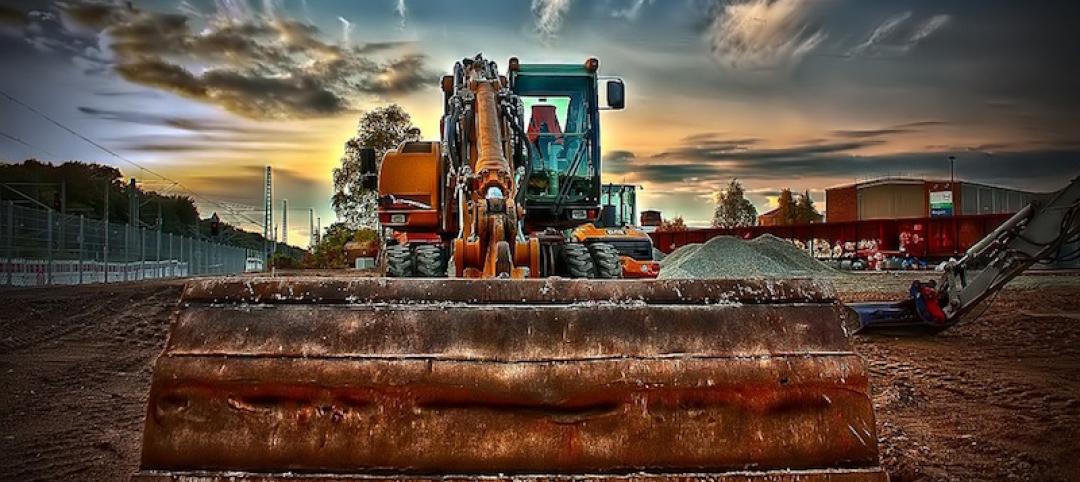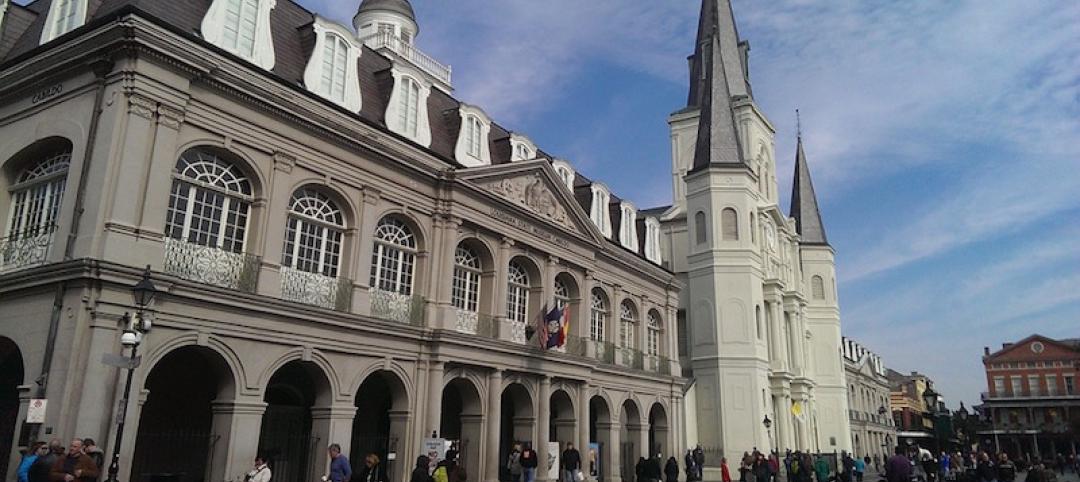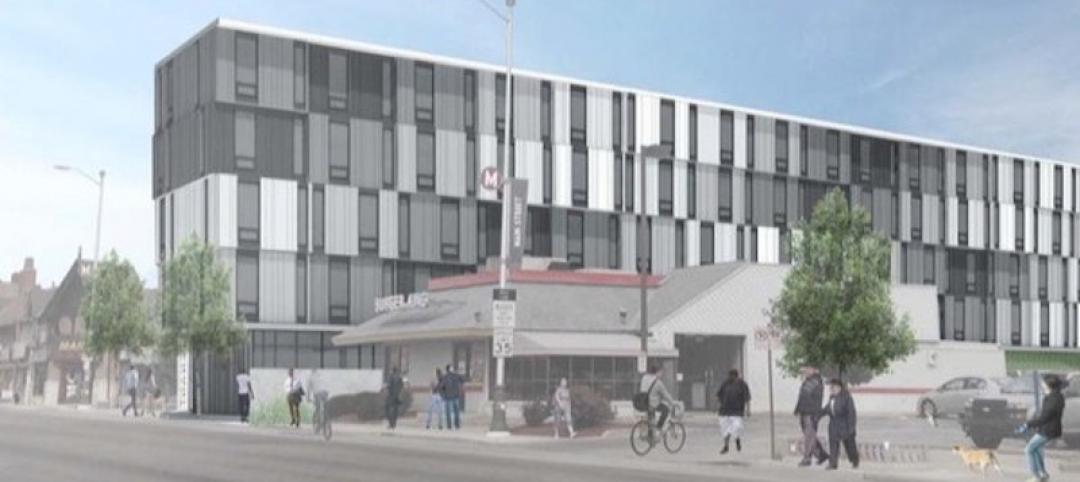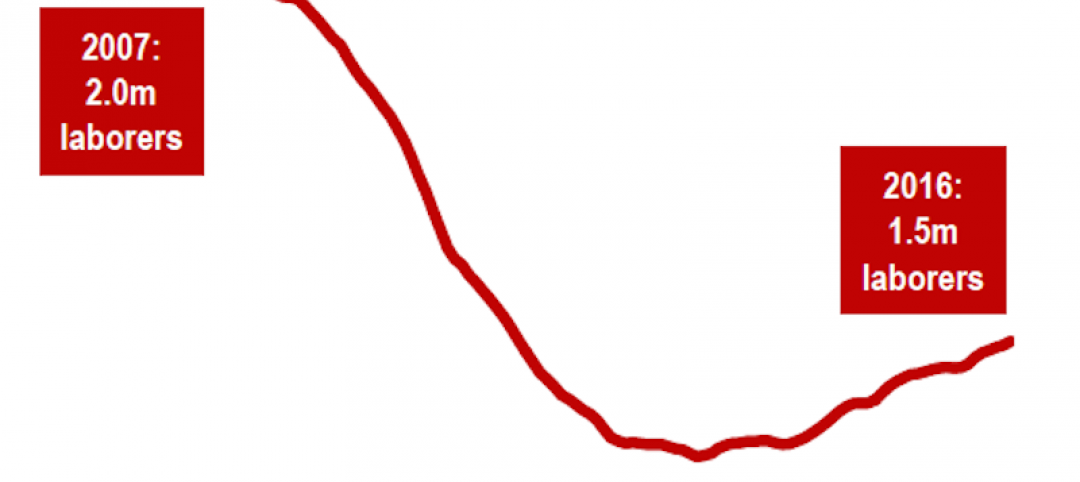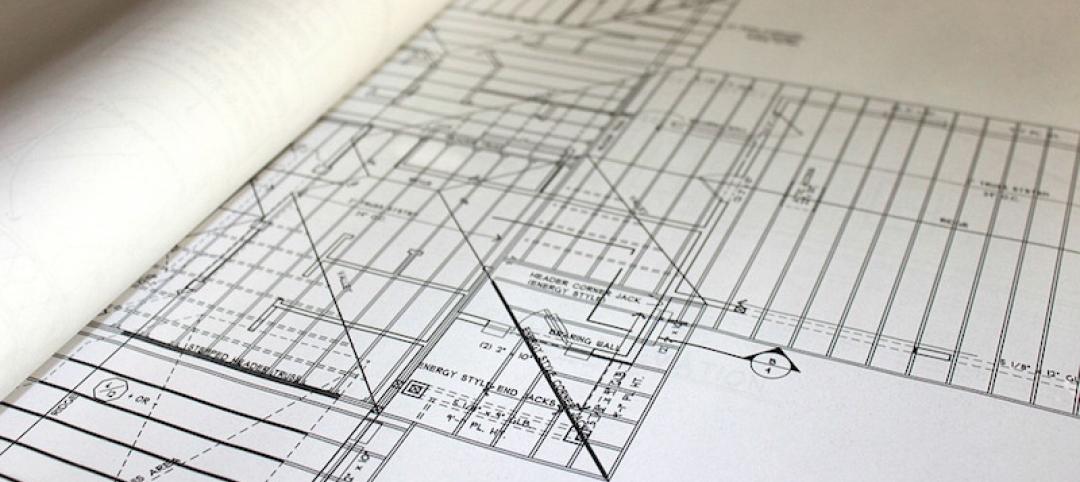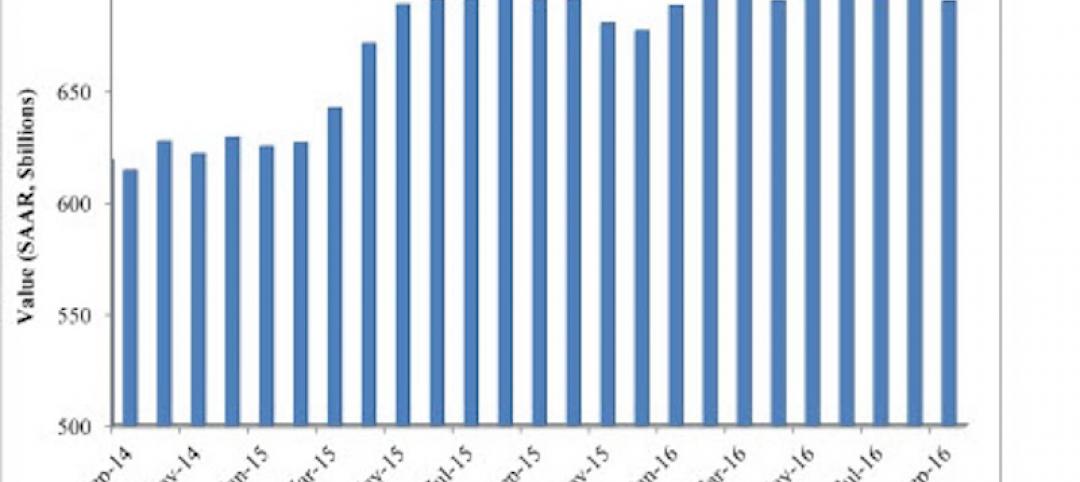Construction spending in December exhibited sharply varied trends, with downturns from a year earlier in every private category, mixed results for public construction, and double-digit increases in residential construction, according to an analysis of new federal construction spending data by the Associated General Contractors of America. Association officials said the new figures demonstrate how the pandemic is boosting demand for new housing while undermining demand for most other types of construction projects.
“Private nonresidential construction has declined for six months in a row, and the slide is accelerating,” said Ken Simonson, the association’s chief economist. “While some categories of public construction have held up so far, state and local budget problems are likely to drive a downturn in public project starts in the next few months.”
Construction spending in December totaled $1.49 trillion at a seasonally adjusted annual rate, an increase of 1.0% from the pace in November and 5.7% higher than in December 2019. But the gains were limited to residential construction, which soared 3.1% for the month and 20.7% year-over-year. Meanwhile, private and public nonresidential spending fell 0.8% from November and 4.8% from a year earlier¬.
Private nonresidential construction spending slumped 1.7% from November to December and 9.8 from December 2019. All 11 private nonresidential categories in the government report declined from a year earlier.
The largest private nonresidential segment, power construction, fell 10.8% year-over-year despite a gain of 0.6% from November to December. Among the other large private nonresidential project types, commercial construction—comprising retail, warehouse and farm structures—slipped 1.4% year-over-year and 2.8% for the month. Manufacturing construction tumbled 17.6% from a year earlier and 5.6% for the month. Office construction declined 3.3% year-over-year despite edging up 0.2% in December. Healthcare construction fell 8.7% from the year before and 3.0% since November.
Public construction spending increased 3.0% year-over-year and 0.5% for the month. Results were mixed among the largest segments. Highway and street construction rose 3.9% from a year earlier and 0.9% for the month. Educational construction increased 4.5% year-over-year and 0.6% in December. But spending on transportation facilities declined 1.0% for the year despite a gain of 0.9% in December.
Private residential construction spending increased for the seventh-straight month, jumping 20.7 year-over-year and 3.1% in December. Single-family homebuilding leaped 23.8% compared to December 2019 and 5.8% for the month. Multifamily construction spending climbed 17.8% for the year and inched up 0.1% for the month.
Association officials said commercial construction was likely to suffer amid weakening demand unless Congress and the Biden administration enact new recovery measures, including backfilling local construction budgets and passing new infrastructure funding. They said the new federal investments were needed to sustain construction employment levels in many parts of the country until private sector demand recovers.
“Even as they work out details on the latest coronavirus relief plan, Congress and the Biden administration need to start work on measures to rebuild the economy and recover lost jobs,” said Stephen E. Sandherr, the association’s chief executive officer. “One of the most effective ways to help the newly unemployed will be to rebuild aging infrastructure and maintain state and local construction budgets.”
Related Stories
Market Data | Nov 30, 2016
Marcum Commercial Construction Index reports industry outlook has shifted; more change expected
Overall nonresidential construction spending in September totaled $690.5 billion, down a slight 0.7 percent from a year earlier.
Industry Research | Nov 30, 2016
Multifamily millennials: Here is what millennial renters want in 2017
It’s all about technology and convenience when it comes to the things millennial renters value most in a multifamily facility.
Market Data | Nov 29, 2016
It’s not just traditional infrastructure that requires investment
A national survey finds strong support for essential community buildings.
Industry Research | Nov 28, 2016
Building America: The Merit Shop Scorecard
ABC releases state rankings on policies affecting construction industry.
Multifamily Housing | Nov 28, 2016
Axiometrics predicts apartment deliveries will peak by mid 2017
New York is projected to lead the nation next year, thanks to construction delays in 2016
Market Data | Nov 22, 2016
Construction activity will slow next year: JLL
Risk, labor, and technology are impacting what gets built.
Market Data | Nov 17, 2016
Architecture Billings Index rebounds after two down months
Decline in new design contracts suggests volatility in design activity to persist.
Market Data | Nov 11, 2016
Brand marketing: Why the B2B world needs to embrace consumers
The relevance of brand recognition has always been debatable in the B2B universe. With notable exceptions like BASF, few manufacturers or industry groups see value in generating top-of-mind awareness for their products and services with consumers.
Industry Research | Nov 8, 2016
Austin, Texas wins ‘Top City’ in the Emerging Trends in Real Estate outlook
Austin was followed on the list by Dallas/Fort Worth, Texas and Portland, Ore.
Market Data | Nov 2, 2016
Nonresidential construction spending down in September, but August data upwardly revised
The government revised the August nonresidential construction spending estimate from $686.6 billion to $696.6 billion.



